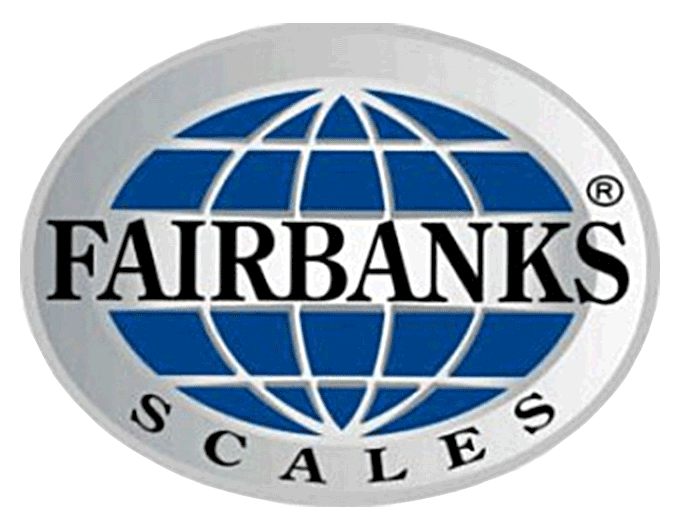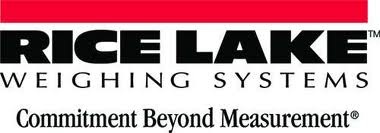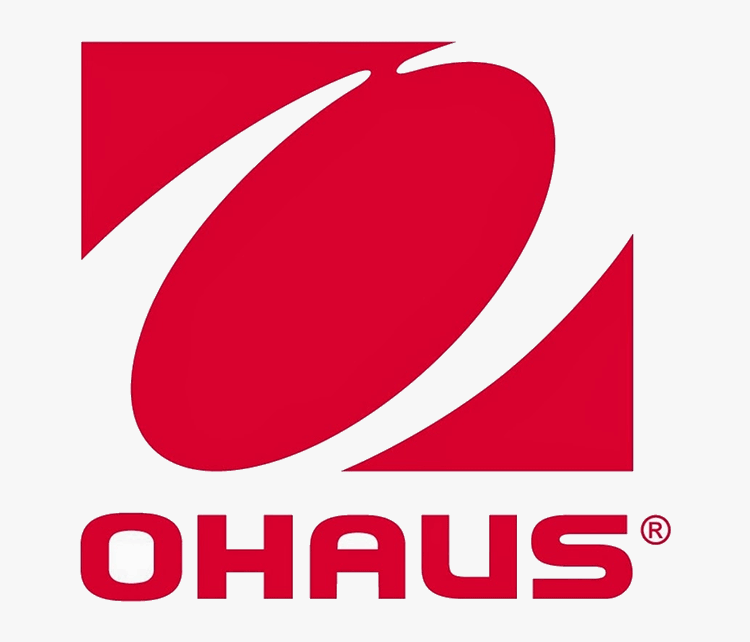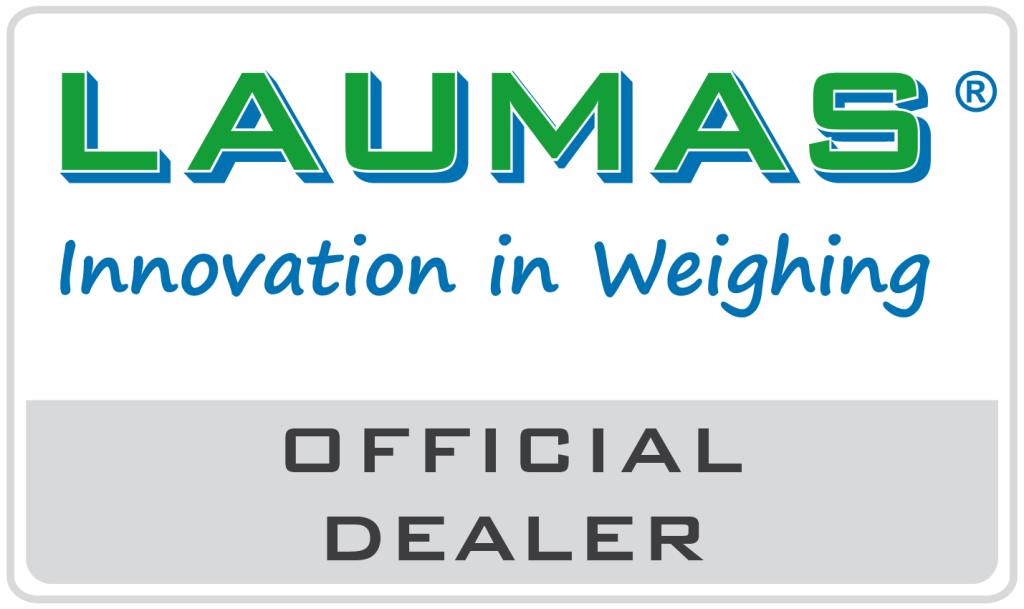This article is not intended as legal advice. AB5 has changed the landscape of employee/contractor relationships in California, and this is my attempt to help inform our customers and competitors of these changes.
California’s AB5 codifies the court’s decision regarding employees -vs- contractors in Dynamex Operations West, Inc. v. Superior Court. The court found that most workers are actually employees and can’t be classified as contractors. This decision seems fairly straight forward until you delve into the rules that were codified. The relationship between a contractor and the contracting business in a business to business relationship appears to be clear until looked at through this new law.
Like the Borrello ABC test that is used to determine whether an individual is an employee or can be treated as a contractor, the Business to Business relationship has to completely meet 12 separate requirements in order that the contracting business not be considered an employer of you or your employees. These requirements are listed below with comments and questions on what they can imply.
To make this dense subject easier to read and understand I will be using two companies as examples. Bob’s Scale Service is a weighing equipment service and repair company. Bob’s provides calibration services for other businesses. Ohm Electronics is a manufacturing firm that has scales that need to be calibrated by an independent company.
The rules for the B2B exemption: (Italics = excerpts from AB5)
The business service provider is free from the control and direction of the contracting business entity in connection with the performance of the work, both under the contract for the performance of the work and in fact.
- Bob’s Scale Service wants to determine if their business is under control of Ohm Electronics, so they need to determine the following points. Are Bob’s employees performing work under the direct supervision of Ohm’s employees? Does Ohm’s require them to wear Ohm Electronics uniforms? How is the work billed? Does the employee submit time cards to Ohm Electronics? Are Bob’s employees using or operating equipment provided by Ohm’s?
The business service provider is providing services directly to the contracting business rather than to customers of the contracting business.
- The work being done for Ohm Electronics, even if it is done at or for one of their customers, must be controlled by Ohm Electronics and not their customer.
The contract with the business service provider is in writing.
- This is the easiest provision to understand, and in some cases the most difficult to enforce. All work done by Bob’s with Ohm Electronics must be in writing. Customers that want to work with Bob’s on an on demand basis will need to formalize the work in a written contract.
If the work is performed in a jurisdiction that requires the business service provider to have a business license or business tax registration, the business service provider has the required business license or business tax registration.
- Ohm Electronics will need to ensure that Bob’s Scale Service holds all the necessary licenses and permits for the jurisdiction they are working in. This may require Bob’s to submit those items to Ohm Electronics.
The business service provider maintains a business location that is separate from the business or work location of the contracting business.
- Bob’s Scale Service must have a different physical address than Ohm Electronics.
The business service provider is customarily engaged in an independently established business of the same nature as that involved in the work performed.
- Bob’s Scale Service must be engaged in the type of work that Ohm Electroncs is hiring it for. For example: Bob’s would be performing calibration and maintenance on scales, and hiring them to clean the Ohm Electronics offices may cause an exception to the B2B exemption.
The business service provider actually contracts with other businesses to provide the same or similar services and maintains a clientele without restrictions from the hiring entity.
- Bob’s Scale Service must actually be in the business of providing the service for which it is being engaged. To be considered a separate business Bob’s must maintain other clients.
The business service provider advertises and holds itself out to the public as available to provide the same or similar services.
- Ohm Electronics needs to ensure that Bob’s Scale Service is a legitimate business that is offering its services to others. Marketing materials, business cards, logoed vehicles, and websites may be used to ensure compliance with this rule.
The business service provider provides its own tools, vehicles, and equipment to perform the services.
- Bob’s Scale Service must provide the tools, and equipment necessary for providing the service for which they are being hired.
The business service provider can negotiate its own rates.
- If Ohm Electronics sets the rate that it will accept for a service, they will have a difficult time satisfying the B2B requirement. In order to pass this requirement Ohm Electronics will need to show evidence that it has not set these service rates, but has solicited bids or offers.
Consistent with the nature of the work, the business service provider can set its own hours and location of work.
- As written this may seem to imply that Ohm Electronics can’t set the hours that they are available. The intent of the rule however is to prevent Ohm Electronics from exercising control of Bob’s Scale Service – as noted above.
The business service provider is not performing the type of work for which a license from the Contractor’s State License Board is required, pursuant to Chapter 9 (commencing with Section 7000) of Division 3 of the Business and Professions Code.
- Bob’s Scale Service can’t use this exemption if the work it is performing is covered under the CSLB. Companies that are licensed contractors have their own exemption from AB5.
This subdivision does not apply to an individual worker, as opposed to a business entity, who performs labor or services for a contracting business.
- Ohm Electronics should contract only with a contractors that are actual businesses. To be considered a legitimate business a company should registered with the California Secretary of State as a corporation, LLC, LLP, partnership or sole proprietorship. Contracts with individual persons will not satisfy the “business-to-business” exemption.
Now for the kicker. After meeting all of these requirements you still may not be found to be exempt from AB5. As this is a new law it has yet to be tested in the courts, and once the courts have their say it may change even further.
References: Wikipedia: https://en.wikipedia.org/wiki/California_Assembly_Bill_5_(2019),
California’s Legislative Information Page: https://leginfo.legislature.ca.gov/faces/billTextClient.xhtml?bill_id=201920200AB5









